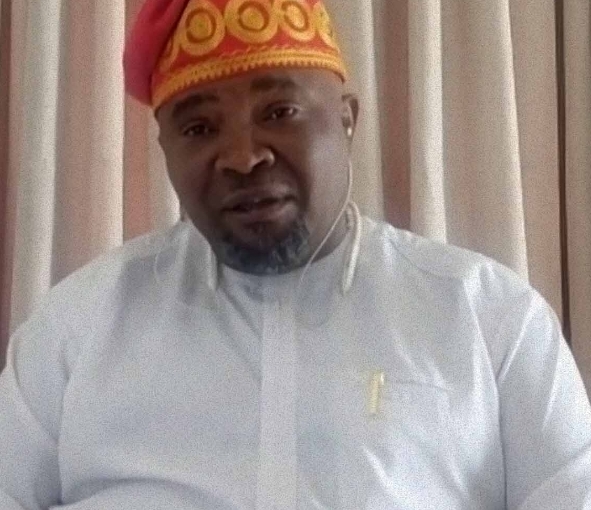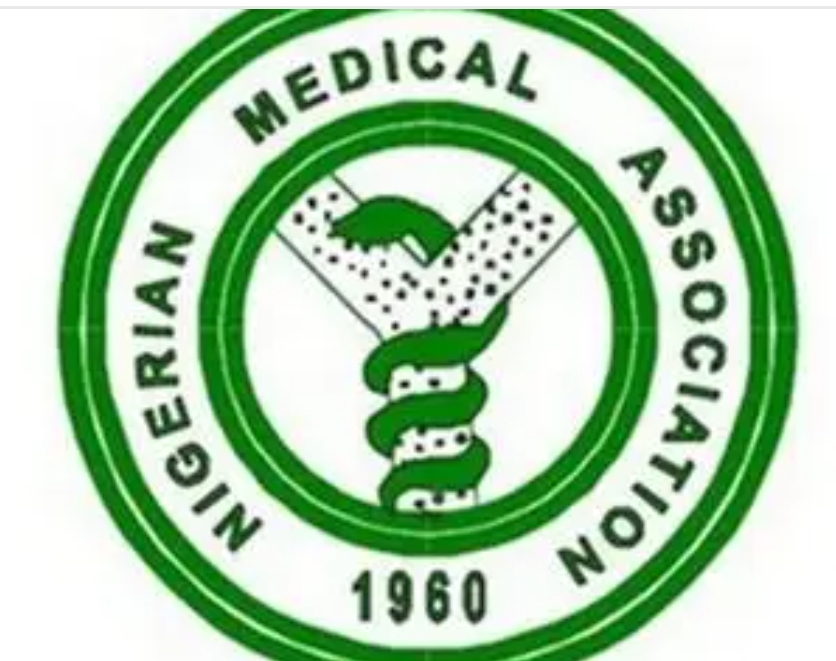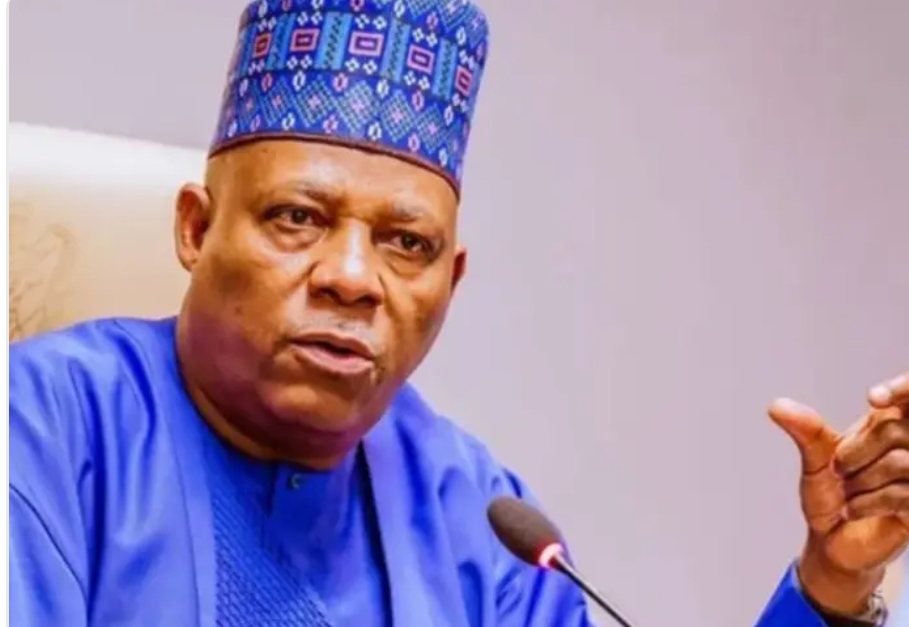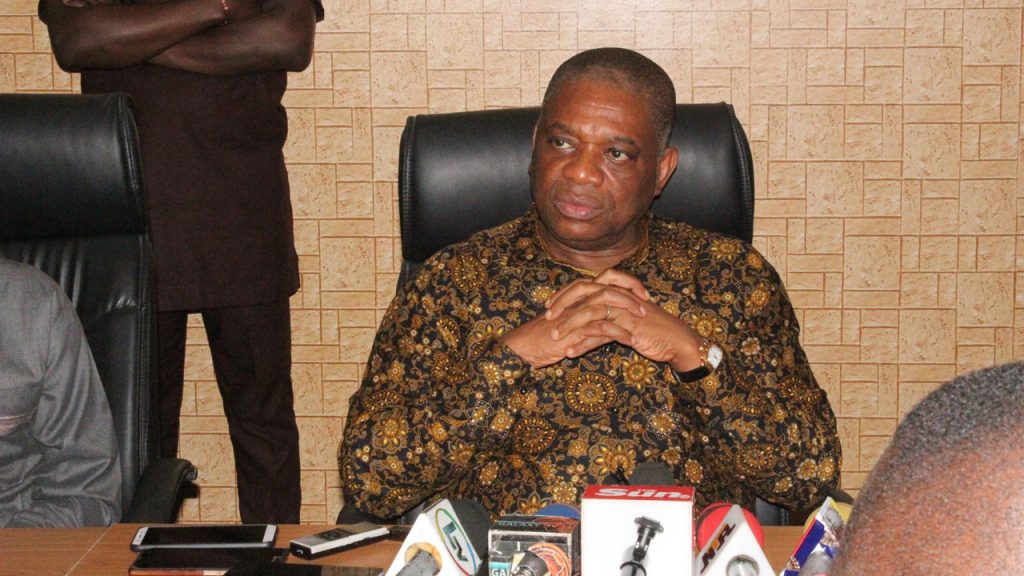Direct Lifting Of Petrol From Dangote Will Crash Prices, Oil Marketers Assure Nigerians
Oil marketers have assured Nigerians of a drop in prices of Premium Motor Spirit (PMS) or petrol once they start direct lifting of products from the Dangote Refinery.
The assurance came after a rise in prices of products following of commencement of product lifting by the state oil company, NNPCL from Dangote Refinery.
Prices of petrol had shot up to ₦950 per litre in Lagos state and its environs, while consumers in the north pay as much as ₦1000 per litre for the product.
However, the Spokesperson for the Independent Petroleum Marketers Association of Nigeria (IPMAN), Chinedu Ukadike while appearing as a guest on Channels Television’s Morning Brief on Tuesday, said marketers are now in discussion with the refinery for a possible direct lifting of petrol.
He said, “It is just very simple. It shows that the libralisation of the market is on course, because there is no way Dangote refinery will be producing petrol in Nigeria without considering IPMAN as one of its strategic stakeholders.
We were even thinking that one of his first points of call was to discuss with IPMAN and not NNPCL, because we can distribute every single drop of products produced by Dangote refinery because we are situated in every nook and cranny of this country. We also possess about 85 per cent of filling stations in Nigeria.
“So, it is pertinent that Dangote should discuss this with independent marketers, and I want you to know that immediately after we discuss and commence direct lifting of product from Dangote, the issue of pricing and differential in pricing will be gone. What we are seeing here is price disparity.
“But if IPMAN becomes independent, prices will drop. Because it will give us the opportunity for possible competition because we will no longer be depending on another source to get products.
Dangote also opened up to IPMAN when he started producing AGO, diesel. We entered the market and started buying it, and prices of AGO came down. it was around N1600, now it is between N1000 to N1100.
This is a deregulated economy, and every stakeholder and player should be given equal opportunity.”





